
Nowadays, I lament over the lack of newspaper vendors on all major streets of Accra and other major towns in the country. Does it tell a story?
The near collapse of the soul of journalism, newspapers, has caught up with me. Anytime this issue comes up, many people, especially the newspaper journalists, lay the blame at the doorstep of social media. What do we see now?
Most media organisations are gravitating or have moved towards the online version, hoping to rake in some revenue from there. The sad thing is that, most media owners are taking the easy path to overcome the challenge instead of thinking outside the box.
It is not only the new media that is killing the newspaper industry. Radio and television are the biggest threats to newspaper journalism. The ownership of media, especially radio and television, has become a status symbol and their owners display that badge with pride.
When we used to have only GBC on the airwaves with its radio and television networks, Ghanaians were fed with rich content. Media in those days served as the fountain for knowledge and enlightenment. And also, plural media does not necessarily encourage diversity.
By the last count, I was told Ghana can boast of over 500 radio stations and about 100 television stations mostly owned by politicians of the NPP and NDC duopoly, and a few by religious and business owners.
These media houses are engaged in the dissemination of same content; newspaper reviews in the morning to be followed by music mid-morning and political talk shows for the rest of the day.
Very little time is devoted to discuss the country’s development challenges and the opportunities. Therefore, over 60 years of independence, Ghanaians are still groping in the dark looking for the solution to our development process.
Instead of the media leading the charge to hold duty bearers to account, most of the journalists have become megaphones to preach the hegemony of the media owners who are mostly leading members of the political parties.
The tragedy of our time is the refusal of the people to seek knowledge and enlightenment from responsible media. Today what we see or hear about is unwholesome content involving some slay queens and celebrities on social media handles such as TikTok, Twitter now X, Facebook, YouTube and the like.
As Ghanaians scramble for material things, even parents expose their nudity on social media to earn some money because we are told content which is widely shared and followed gains rewards from Google and TikTok regardless of its moral values.
If we are not copying blindly, will foreign cultures like LGBTQ and marijuana use become come craze among the youth. Our young girls are challenging the boys in the ‘wee’ smoking contest.
Society must demand the return of the soul of journalism to lead in the restoration of knowledge and enlightenment among the youth.
Our young people who are our future leaders do not read anything. We have confirmed the derogatory belief of the Western world that if you want to hide things from the black race put it in a book; the African would not read. But back in the day, reading was a culture among schoolchildren, especially students. Reading a newspaper in public say on the train and buses was a mark of scholarship. You show to your peers that ‘you know book’.
Once upon a time, our football too boomed and every Sunday, GBC carried extensive commentary on the football matches throughout the country.
Having listened to commentaries of not only local matches but of tournaments involving the Black Stars, the people thronged the newsstands to buy the newspapers for the detailed coverage and learn new vocabulary.
So, writers such as Joe Aggrey, John Baiden, Ken Bediako, Oheneba Charles, Ebow Quansah, Kwabena Yeboah and Sammy Okaitey, were the toast of readers.
Radio and television journalism does not require so much of cracking the brain to produce a story. But newspaper journalism does. I recall many years ago when Joe Aggrey, in a very flowery and narrative format reported on a match involving Asante Kotoko and Al Ahly or Zamalek in Kumasi.
Kotoko went into the match somewhere in 1987, having lost two goals to nil in Cairo. The Egyptian team came to the filled-to-capacity stadium and dared Kotoko to an early lead. Kotoko equalised before half time and ended the game beating the Egyptian team by 5:1.
In his reportage the next day, Joe Aggrey recounted the way the Egyptian team silenced the mammoth supporters, and when Kotoko equalised and took the lead, Joe Aggrey described the action as; “The battle has just begun.”
I think Ghanaians miss those moments. The current state of media, especially newspapers such as Daily Graphic, Ghanaian Times, Daily Guide, and the Chronicle, is not the best.
The National Media Commission (NMC) and the government have work to do to restore the soul of journalism in the country and if for nothing, to provide content for newspaper review even after radio and television have carried same stories the previous day.

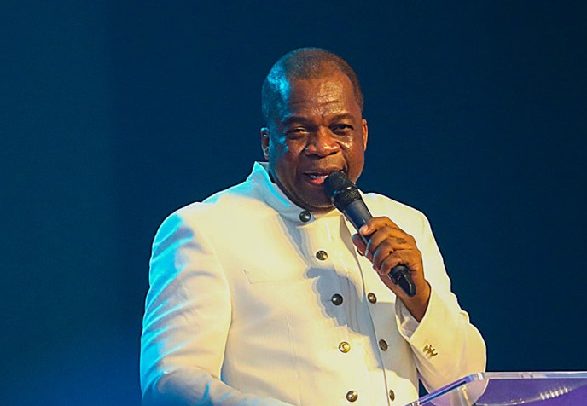

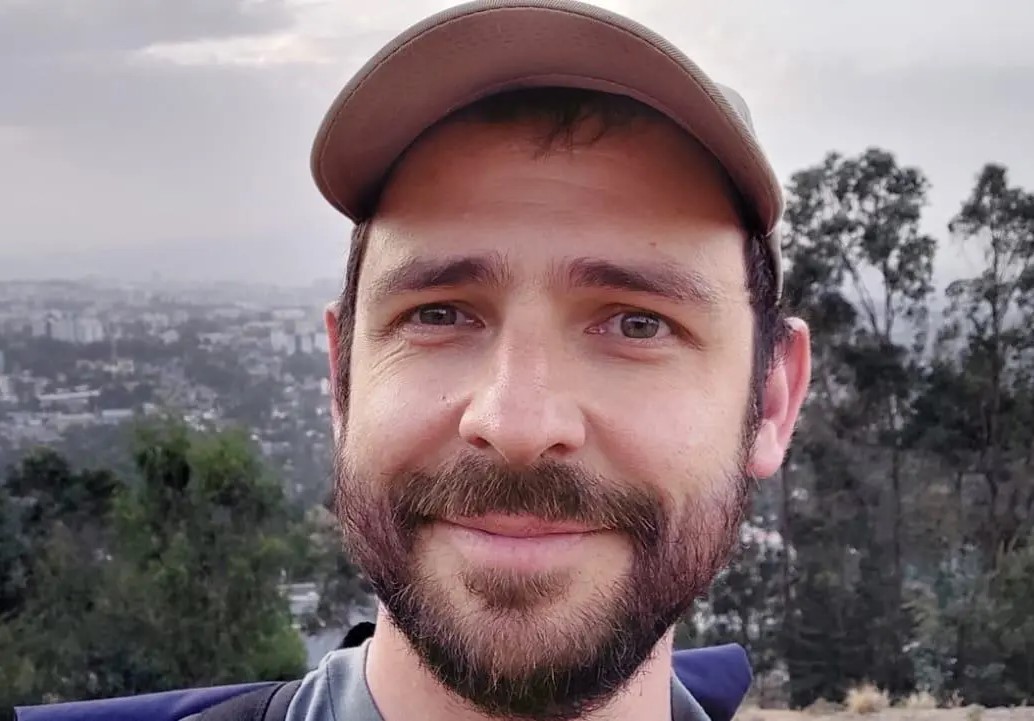




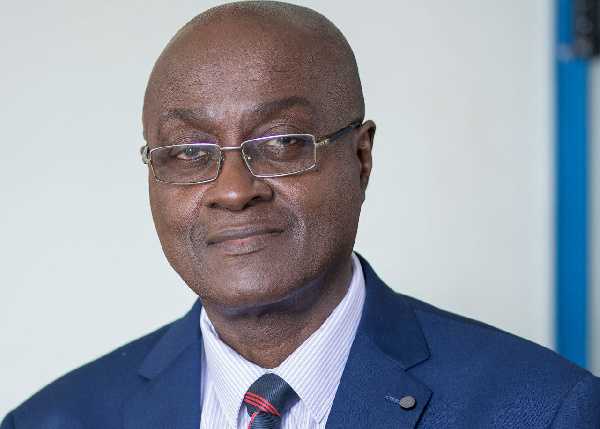
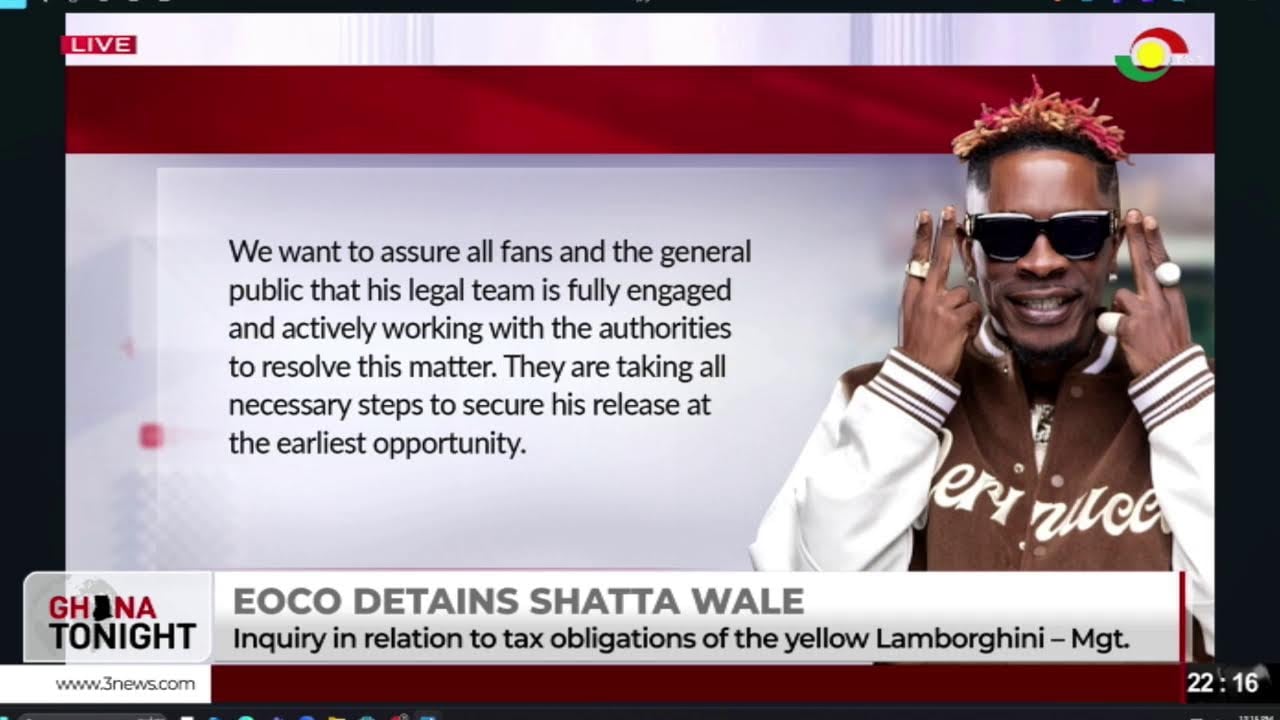

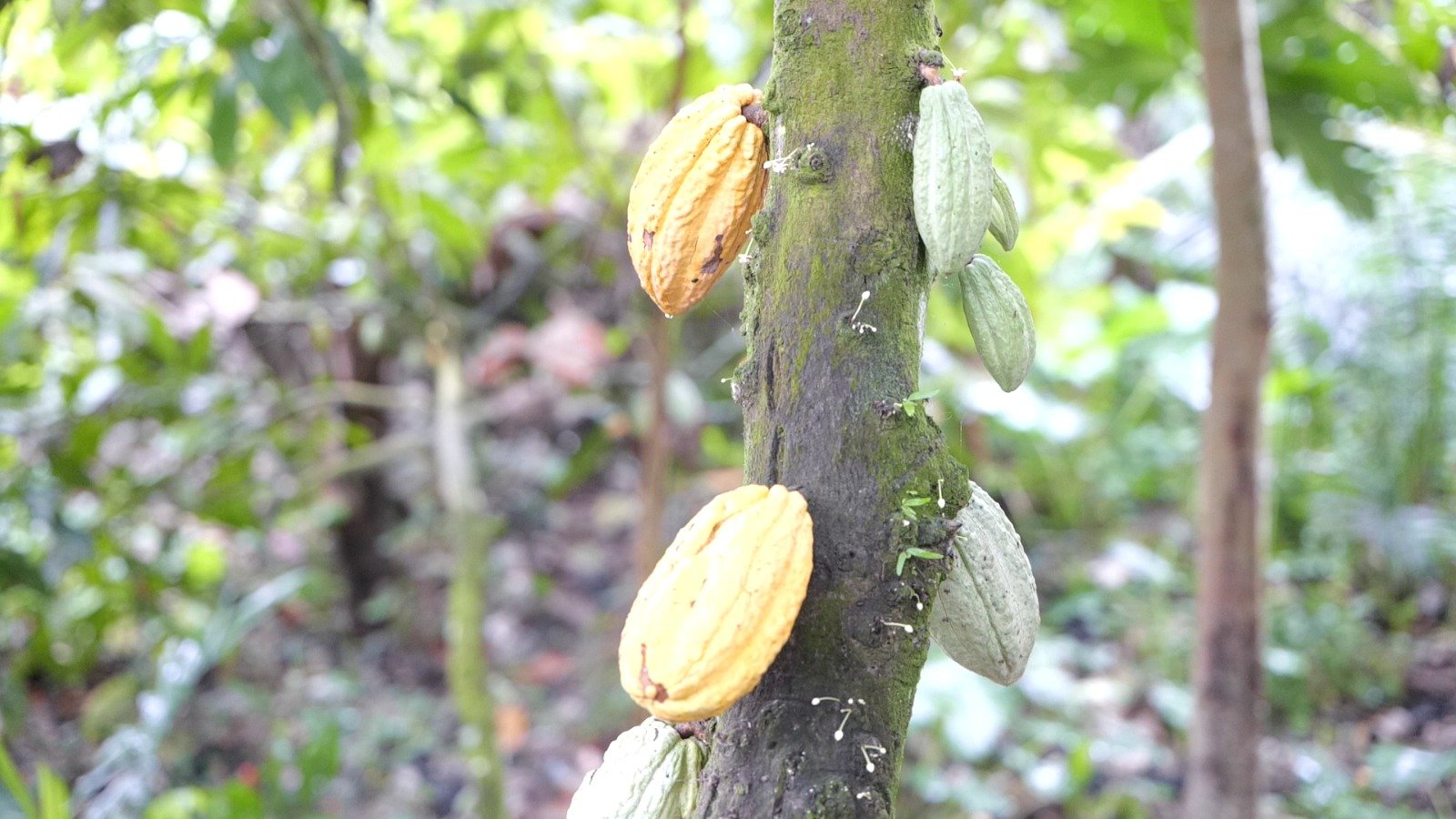
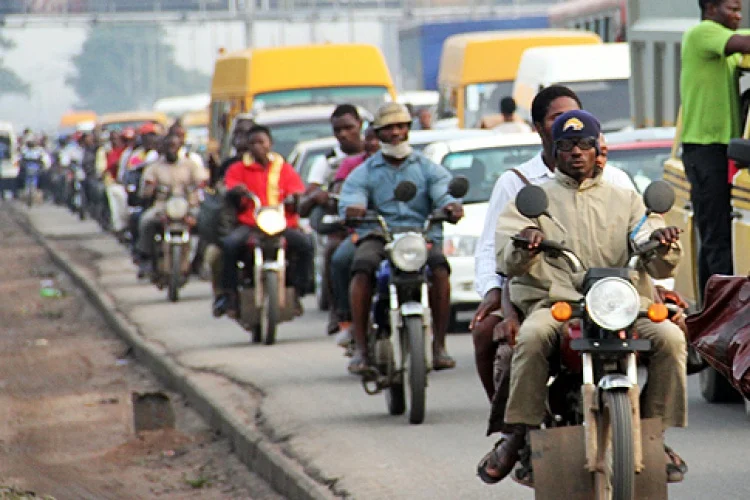
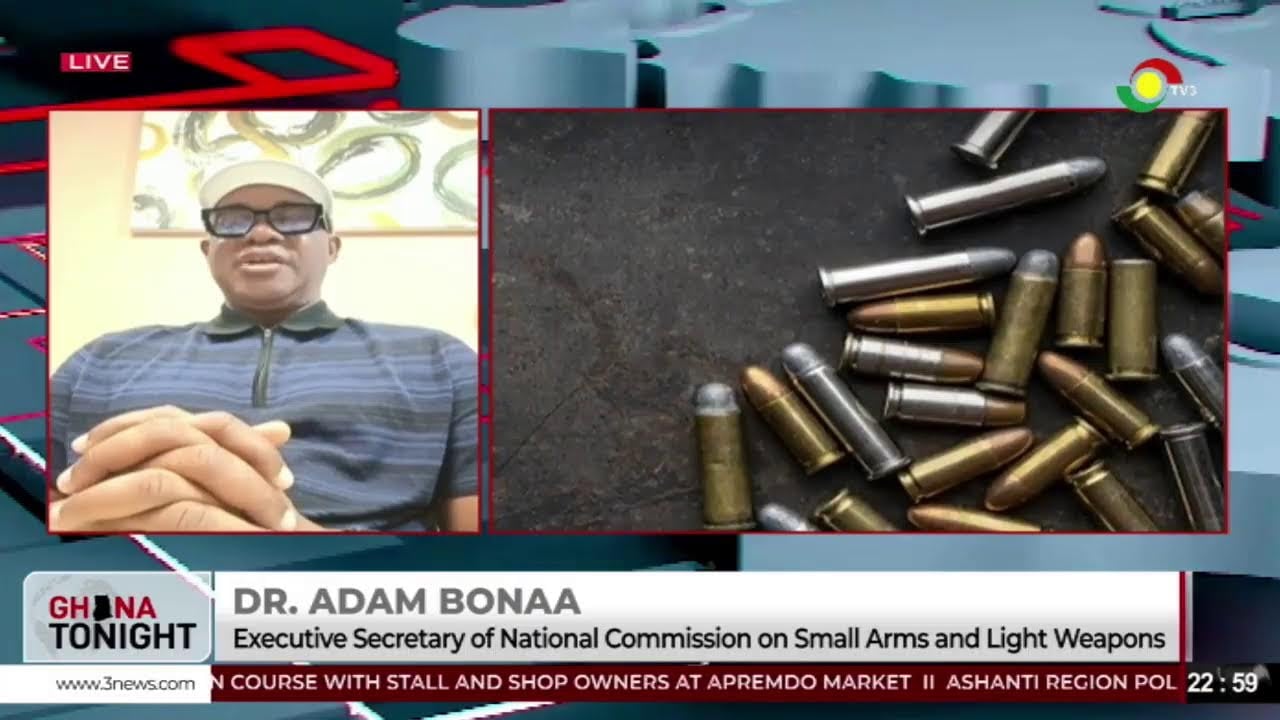





Facebook
Twitter
Pinterest
Instagram
Google+
YouTube
LinkedIn
RSS